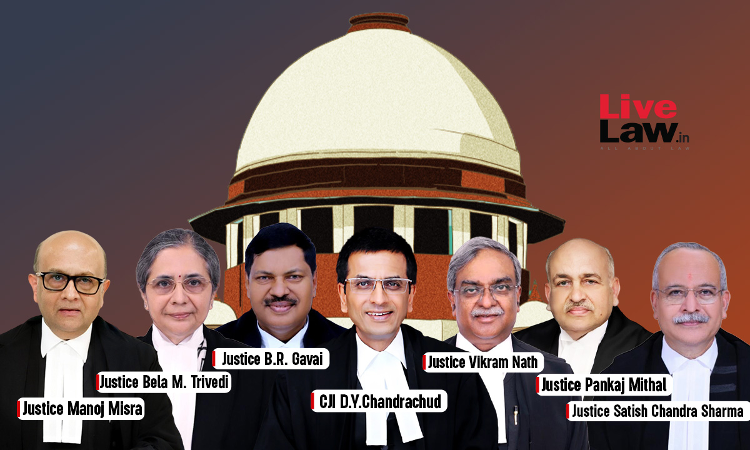 |
|
The Supreme Court of India has delivered a landmark judgment upholding the permissibility of sub-classification within the Scheduled Castes (SC) category, allowing states to create separate quotas for more backward sections within the SC community. This decision, arrived at after a thorough review by a seven-judge Constitution Bench, has significant implications for social justice and affirmative action policies in India.
The Court's decision stemmed from a review of the Punjab Scheduled Caste and Backward Classes (Reservation in Services) Act, 2006, which allocated 50% of the SC quota to Balmikis and Mazhabi Sikhs, two specific groups within the SC community. This provision was challenged on the grounds that it violated the principle of non-sub-classification established in a previous case, E.V. Chinnaiah v. State of Andhra Pradesh (2005). However, the Court in this case deviated from the Chinnaiah precedent, holding that sub-classification is permissible under certain conditions.
The judgment clarifies that states can indeed identify more backward sections within the SC category and offer them separate quotas within the overall SC reservation. However, this sub-classification must be justified with empirical data demonstrating the inadequate representation of the sub-group within the SC category. The Court also emphasizes that sub-classification cannot be used to completely eliminate the original SC category's reservation, meaning a certain percentage of the overall SC quota must still be allocated to the broader SC community.
The Court's decision to allow sub-classification has been met with mixed reactions. While some see it as a positive step towards achieving greater equity within the SC community by addressing the specific needs of more backward sections, others have expressed concern about the potential for further fragmentation and divisions within the SC community. The decision also raises questions about the efficacy of implementing such sub-classification policies and ensuring fair and transparent identification of backward sections.
Ultimately, the Supreme Court's judgment opens a new chapter in the debate on reservation and social justice in India. The Court's decision to revisit the long-standing principle of non-sub-classification within the SC category underscores the ongoing need to re-evaluate and adapt affirmative action policies to better address the diverse and evolving needs of marginalized communities in a rapidly changing society. As India continues to grapple with issues of inequality and social justice, the impact of this landmark judgment on the future of reservation policies will be keenly observed.
